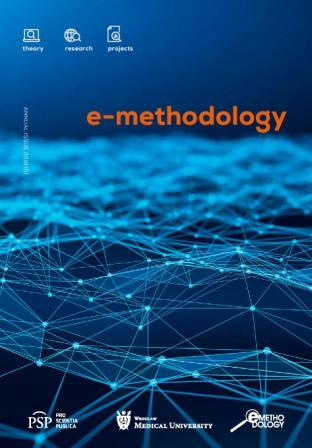Faith in a just world and ways to combine with stress and ambiguous situation
Faith in a just world and ways to combine with stress and ambiguous situation
Author(s): Sylwia BokuniewiczSubject(s): Political psychology, Social psychology and group interaction, Experimental Pschology
Published by: Fundacja Pro Scientia Publica
Keywords: faith in a just world; coping with stress; ambiguity of the situation; the need for cognitive closure; a sense of self-efficacy;
Summary/Abstract: Aim. The research undertaken by the author is aimed at explaining how people who believe in the justice of the world deal with situations of ambiguity and related uncertainty. It was also assumed that the manifested aversion to ambiguity in the subjects correlated with the need for cognitive closure and that people who believe in a just world judge their own effectiveness better, and that people used different strategies to reduce discomfort (stress) related to uncertainty and ambiguity. Methods. The method by which it was possible to answer the research problem posed was a correlation analysis. Five questionnaires were used: the M. Kossowska cognitive closure scale (2003), the E. F. Mcquarri and D. G. Mick ambiguity tolerance scale, the C. Dalbert Just World scale (in-house translation), the COPE inventory and the GSES scale. Results and conclusions. The analyses show that all three hypotheses put forward by the author are confirmed. Along with increasing tolerance of ambiguity, the preference for order and predictability decreases. In turn, as faith in the just world increases, it increases strongly (as a component of the need for cognitive closure). It has also been confirmed that people apply equal strategies for coping with stress in difficult situations to reduce discomfort. Most people surveyed believe in world justice, the more often they use active coping, planning, seeking instrumental support, avoiding competitive activities, turning to religion, positive re-evaluation and development, refraining from action and acceptance as a coping strategy, less often they reach for alcohol and other psychoactive substances. Finally, the author presents the limitations of the research carried out and proposes directions for further analysis to finally indicate the possibilities of applying the results in practice.
Journal: e-methodology
- Issue Year: 6/2019
- Issue No: 6
- Page Range: 65-79
- Page Count: 15
- Language: English

